Portal:1950s
The 1950s Portal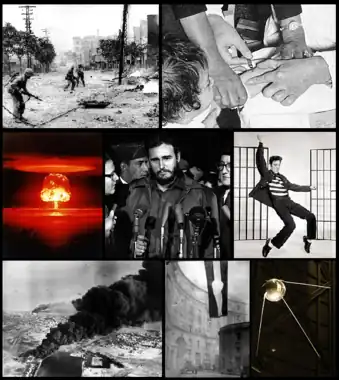 Top, L-R: U.S. Marines engaged in street fighting during the Korean War, circa late September 1950; The first polio vaccine is developed by Jonas Salk.
Centre, L-R: US tests its first thermonuclear bomb with code name Ivy Mike in 1952. A 1954 thermonuclear test, code named Castle Romeo, is shown here; In 1959, Fidel Castro overthrows Fulgencio Batista in the Cuban Revolution, resulting in the creation of the first communist government in the Western hemisphere; Elvis Presley becomes the leading figure of rock and roll in the mid-1950s.
Bottom, L-R: Smoke rises from oil tanks on Port Said following the invasion of Egypt as part of the Suez Crisis in late 1956; French paratroopers march in Algiers in the beginning of the Algerian War, 1957; The Soviet Union launches Sputnik 1, the first artificial satellite to orbit the earth, in October 1957. The 1950s (pronounced nineteen-fifties; commonly abbreviated as the "Fifties" or the "'50s") (among other variants) was a decade that began on January 1, 1950, and ended on December 31, 1959. Throughout the decade, the world continued its recovery from World War II, aided by the post-World War II economic expansion. The period also saw great population growth with increased birth rates and the emergence of the baby boomer generation. Despite this recovery, the Cold War developed from its modest beginnings in the late 1940s to a heated competition between the Soviet Union and the United States by the early 1960s. The ideological clash between communism and capitalism dominated the decade, especially in the Northern Hemisphere. (Full article...) 1950s Topics:
Selected article -
Doo-wop (also spelled doowop and doo wop) is a genre of rhythm and blues music that originated in African-American communities during the 1940s, mainly in the large cities of the United States, including New York, Philadelphia, Pittsburgh, Chicago, Baltimore, Newark, Detroit, Washington, D.C., and Los Angeles. It features vocal group harmony that carries an engaging melodic line to a simple beat with little or no instrumentation. Lyrics are simple, usually about love, sung by a lead vocal over background vocals, and often featuring, in the bridge, a melodramatically heartfelt recitative addressed to the beloved. Harmonic singing of nonsense syllables (such as "doo-wop") is a common characteristic of these songs. Gaining popularity in the 1950s, doo-wop was "artistically and commercially viable" until the early 1960s, but continued to influence performers in other genres. (Full article...)
Did you know...
|
 |
You are invited to participate in WikiProject Years, a WikiProject dedicated to developing and improving articles about years, decades, centuries, and millennia. |
List articles
Categories
Associated Wikimedia
The following Wikimedia Foundation sister projects provide more on this subject:
-
 Commons
Commons
Free media repository -
 Wikibooks
Wikibooks
Free textbooks and manuals -
 Wikidata
Wikidata
Free knowledge base -
 Wikinews
Wikinews
Free-content news -
 Wikiquote
Wikiquote
Collection of quotations -
 Wikisource
Wikisource
Free-content library -
 Wikiversity
Wikiversity
Free learning tools -
 Wiktionary
Wiktionary
Dictionary and thesaurus
-
 List of all portalsList of all portals
List of all portalsList of all portals -
 The arts portal
The arts portal -
 Biography portal
Biography portal -
 Current events portal
Current events portal -
 Geography portal
Geography portal -
 History portal
History portal -
 Mathematics portal
Mathematics portal -
 Science portal
Science portal -
 Society portal
Society portal -
 Technology portal
Technology portal -
 Random portalRandom portal
Random portalRandom portal -
 WikiProject PortalsWikiProject Portals
WikiProject PortalsWikiProject Portals
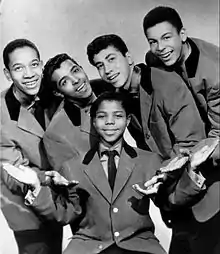

.jpg.webp)
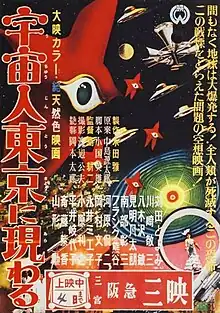
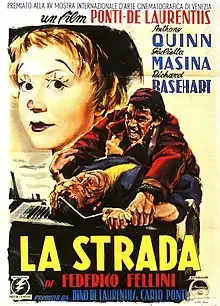
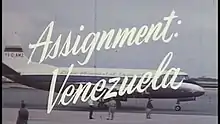
.jpg.webp)


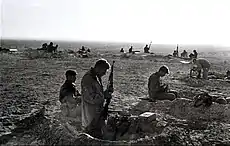




.jpg.webp)

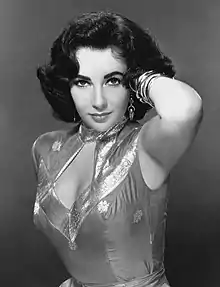

_(32003643582).jpg.webp)
.jpg.webp)
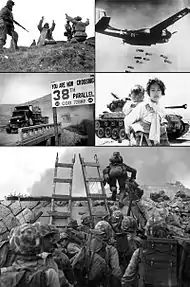
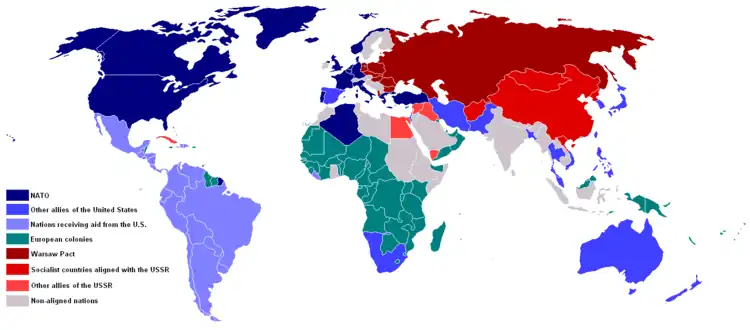
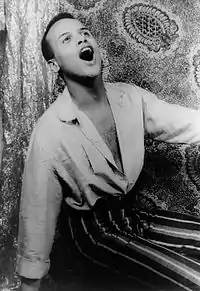
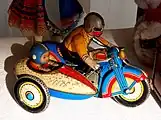

.jpg.webp)
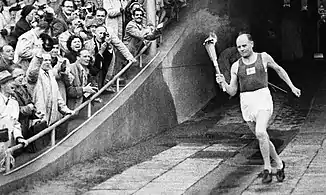
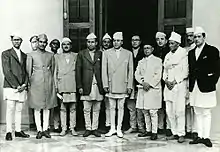



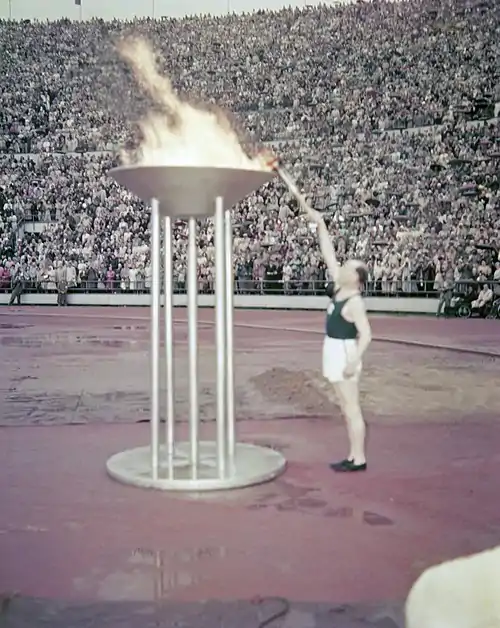

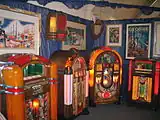


.jpg.webp)